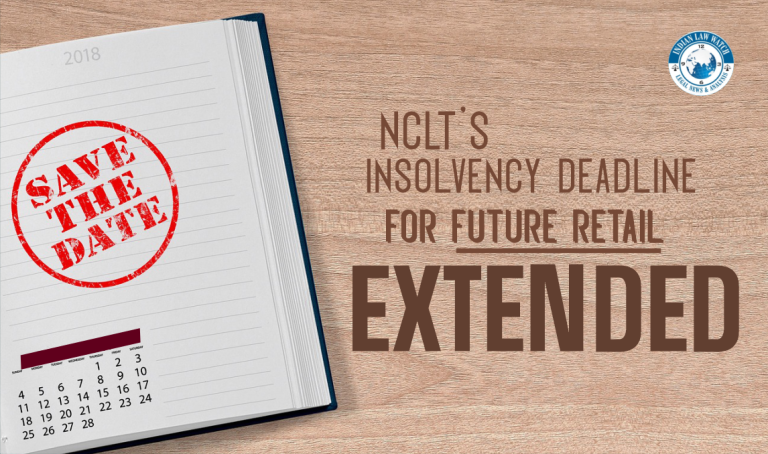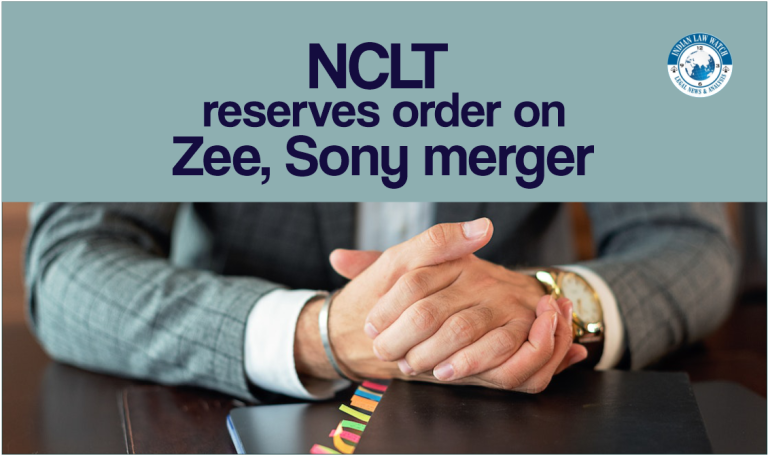

According to Sebi, the time period for the buyback process can be reduced to 66 working days starting from April 2023 and further cut it down to 22 working days from April 2024. Finally, the open market option can be closed down for buyback offers from April 2025.
Sebi has proposed to do away with the system of share buyback through open market transactions in a phased manner as well as reduce the overall time period to address the drawbacks associated with the existing buyback mechanism. Also, the markets watchdog proposed to enhance the threshold for companies to buyback shares from their free reserves, reduce the cooling-off period between two buybacks under the tender route and shift the tax incidence fully to the share-tendering shareholders rather than the companies concerned.

-
The sweeping proposals are part of a consultation paper floated by the Securities and Exchange Board of India (Sebi) on which comments from the stakeholders have been sought till December 1. The consultation paper was released on Wednesday.
-
A glide path has been proposed with respect to the reduction in the maximum limit and the time period for a buyback offer through the open market under the stock exchange mechanism.
-
According to SEBI, the time period for the buyback process can be reduced to 66 working days starting from April 2023 and further cut it down to 22 working days from April 2024. Finally, the open market option can be closed down for buyback offers from April 2025.
-
“The buyback regulations currently provide a time period of six months from the date of opening of the offer for the buyback offer to be closed. This may result in artificial demand being created for the relevant company’s shares during such an extended period of time and trading of shares occurring at an exaggerated price. Allowing for an extended buyback period thus prevents efficient price discovery,” SEBI said.
-
At present, buyback from the open market through the stock exchange should be less than 15 per cent of the paid-up capital and free reserves of the company. The regulator has recommended to cut the threshold limit to 10 per cent from April 2023, 5 per cent from the following year and finally 0 per cent from April 2025.
-
Further, SEBI noted that since shares are bought back at the prevailing market price, acceptance of shares under buyback is a matter of chance for most shareholders. There is no clarity as to whether shares are accepted under buyback or sold in the open market and thus shareholders are unable to claim the benefits arising out of buybacks.
-
At present, companies can buy back only 25 per cent of the paid-up capital and free reserves under the tender route. Now, the regulator has recommended increasing the limit to 40 per cent.
-
In the case of buybacks through the stock exchanges, the company should use 75 per cent of the amount earmarked for the buyback, as per the consultation paper.





